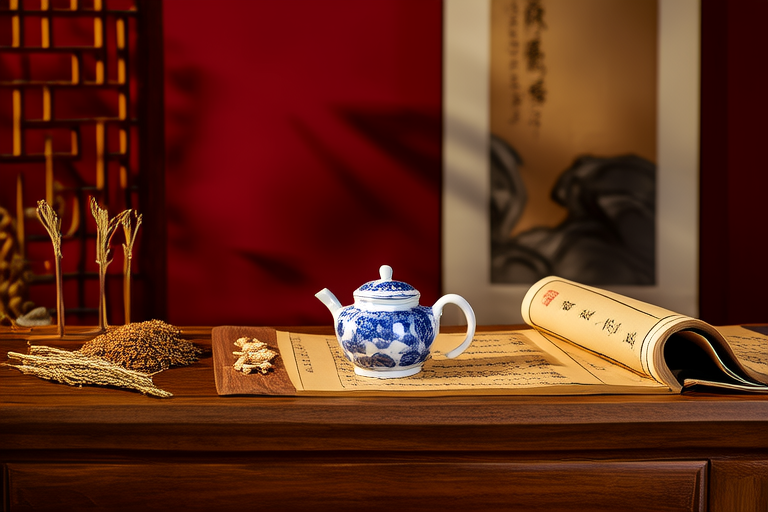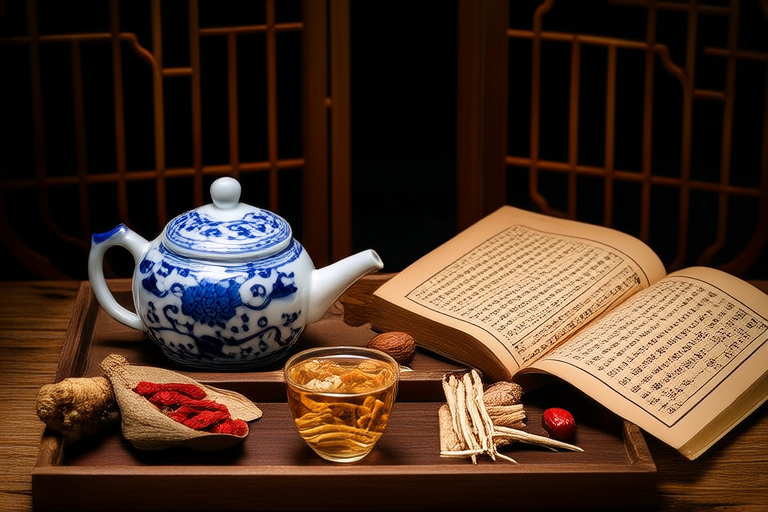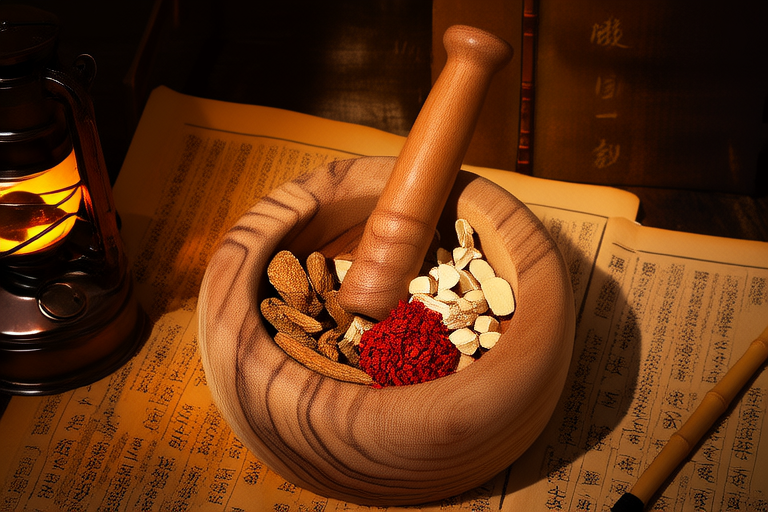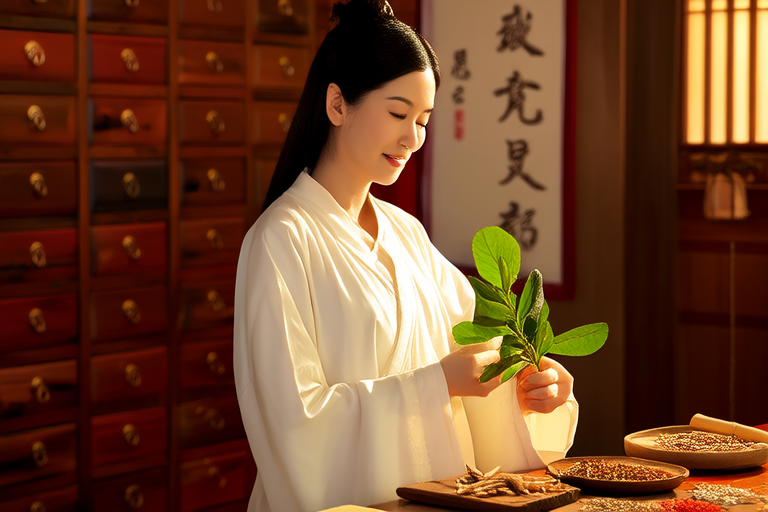Introduction to Health Preservation: Exploring Traditional Chinese Medicine Wisdom in Modern Health Management
The concept of health preservation, also known as “yang sheng” in Chinese, has been practiced for thousands of years and is deeply rooted in traditional Chinese medicine (TCM). It emphasizes the importance of maintaining balance within the body and the environment to promote longevity and prevent disease. This article will introduce the basic theories of TCM, discuss its principles of health preservation, explore common health-preserving methods such as dietary regulation, physical exercise, and emotional adjustment, and analyze their rationality and effectiveness from a modern scientific perspective. We will also highlight the significance of TCM health preservation in promoting mental and physical well-being and provide practical suggestions for readers to incorporate these concepts into their daily lives.
Basic Theories of Traditional Chinese Medicine
Traditional Chinese medicine is based on the belief that the human body is composed of two opposing yet complementary forces, yin and yang, which must be kept in harmony for optimal health. When yin and yang are out of balance, it can lead to various illnesses. Another key concept in TCM is qi, which refers to the vital energy flowing through the body along meridians. Qi is closely related to blood and body fluids, which together form the foundation of health. TCM also recognizes five elements – wood, fire, earth, metal, and water – each corresponding to different organs, emotions, and seasons. These elements interact with one another, creating a dynamic relationship that influences health.
Principles of Health Preservation
Health preservation in TCM focuses on preventing illness rather than curing it once it occurs. It emphasizes the importance of living in harmony with nature, adjusting lifestyle habits according to seasonal changes, and maintaining emotional balance. Key principles include:
- Harmony between body and mind: TCM believes that both physical and mental health are interconnected. Maintaining emotional stability helps regulate bodily functions and strengthens immunity.
- Adapting to natural rhythms: Following the cycles of day and night, as well as the changing seasons, allows the body to adapt better and maintain internal balance.
- Prevention over treatment: Emphasizing early intervention and prevention strategies can help avoid serious health issues later on.
Dietary Regulation
Diet plays an essential role in maintaining good health according to TCM. Food is considered medicinal in itself, capable of nourishing the body while addressing specific imbalances. Some common dietary recommendations include:
- Eating seasonally: Consuming foods that are naturally available during each season supports the body’s adaptation to environmental changes.
- Five flavors: Incorporating all five tastes – sweet, sour, bitter, salty, and pungent – ensures nutritional completeness and helps regulate organ function.
- Proper food combinations: Certain foods should be eaten together or avoided to enhance digestion and absorption.
From a modern scientific viewpoint, many of these dietary practices align with current nutrition guidelines. For instance, eating seasonally often results in fresher produce rich in vitamins and antioxidants. Balancing flavors encourages varied intake of essential nutrients. Proper food combinations can improve digestive efficiency and reduce gastrointestinal discomfort.
Movement and Exercise
Physical activity is crucial for maintaining overall health. In TCM, movement helps stimulate circulation of qi throughout the body, promoting blood flow and enhancing immune function. Recommended exercises include tai chi, qigong, and walking. Tai chi combines slow movements with deep breathing, aiming to cultivate inner peace and strength. Qigong involves gentle postures, breathing techniques, and meditation to harmonize mind and body. Walking is simple but effective; it promotes cardiovascular health and aids digestion.
Modern research supports these benefits. Regular exercise improves cardiovascular fitness, reduces stress hormones like cortisol, enhances mood through increased production of endorphins, and boosts metabolism. Furthermore, activities like tai chi and qigong have been shown to lower blood pressure, improve balance, and increase flexibility.
Emotional Adjustment
Emotions significantly impact our health. Unchecked negative emotions can disrupt the flow of qi, leading to disharmony within the body. Therefore, managing emotions effectively is vital for maintaining good health. Techniques recommended by TCM include mindfulness meditation, deep breathing exercises, and engaging in hobbies or social activities that bring joy.
Recent studies indicate that prolonged exposure to stress can weaken the immune system, increase inflammation markers, and contribute to chronic diseases such as hypertension and diabetes. Practices aimed at reducing stress, such as those mentioned above, may help mitigate these effects.
Importance of Health Preservation
Health preservation plays a critical role in promoting both mental and physical well-being. By adopting healthy lifestyles based on TCM principles, individuals can strengthen their immune systems, enhance resilience against illness, and enjoy higher quality of life. Moreover, preventive measures can save time, money, and resources compared to reactive treatments.
Practical Suggestions
To integrate TCM health preservation into daily routines, consider the following tips:
- Start small: Begin with minor adjustments such as incorporating more vegetables into your diet or practicing short periods of meditation.
- Seek professional guidance: Consult qualified practitioners who can tailor advice to individual needs.
- Be consistent: Consistency is key when implementing new habits.
- Stay informed: Continue learning about TCM and other holistic approaches to stay updated on best practices.
In conclusion, traditional Chinese medicine offers valuable insights into health preservation that remain relevant today. By understanding its fundamental theories and applying practical methods, we can take proactive steps towards better health and wellness.










